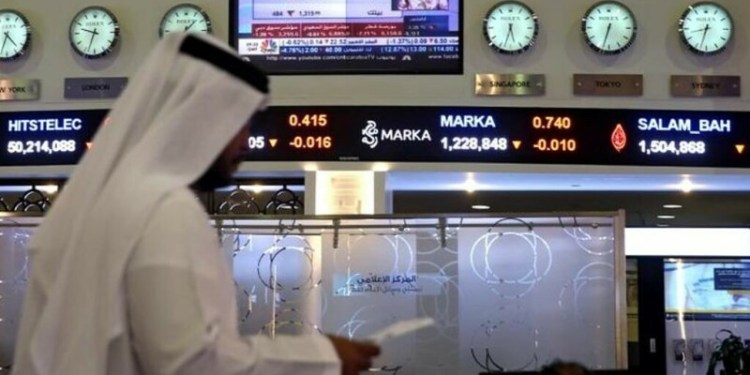SINGAPORE: The dollar traded near a one-week high against the yen on Thursday, supported by a rise in U.S. bond yields and showing limited reaction after the Bank of Japan kept interest rates steady as expected.
The dollar held steady at 113.40 yen, clinging near Wednesday’s high of 113.47 yen, its strongest level since Dec. 13.
A rise beyond last week’s high of 113.75 yen would send the dollar to its highest point in more than a month.
In a widely expected move, the BOJ maintained the 0.1 percent interest it charges on a portion of excess reserves that financial institutions park at the central bank. It also maintained its yield target for 10-year Japanese government bonds around zero percent.
Market players are now looking to a post-meeting news conference by Governor Haruhiko Kuroda at 0630 GMT, for clues on whether the BOJ is getting closer to joining the U.S. Federal Reserve and European central banks in winding back stimulus.
A speech by Kuroda in November sparked such speculation when he mentioned the concept of a “reversal rate” – a level at which low interest rates start to have more harmful side-effects than benefits.
If Kuroda’s Thursday comments are interpreted as hawkish, the dollar might come under pressure against the yen, said Stephen Innes head of trading in Asia-Pacific for Oanda in Singapore.
“If he maintains the dovish narrative, which we’re all expecting, maybe we get a little bounce higher on dollar/yen,” Innes said.
However, he added that he wasn’t expecting Kuroda’s comments to trigger any aggressive moves.
Analysts said the dollar was supported against the yen after the U.S. 10-year Treasury yield rose to a nine-month high on Wednesday as investors worried over whether a U.S. tax overhaul including tax cuts would lead to higher U.S. debt, increased bond issuance and more aggressive rate hikes by the Fed.
The Republican-controlled U.S. House of Representatives gave final approval on Wednesday to the biggest overhaul of the U.S. tax code in 30 years, sending a sweeping bill to President Donald Trump to sign.
The euro held steady at $1.1866, having gained around 1 percent so far this week. Analysts say a rise in German bond yields this week has helped underpin the euro.
Against the yen, the euro was little changed at 134.56 yen . On Wednesday, the euro had risen to as high as 134.76 yen, its strongest level against the yen since October 2015.
Source: Brecorder.com



























